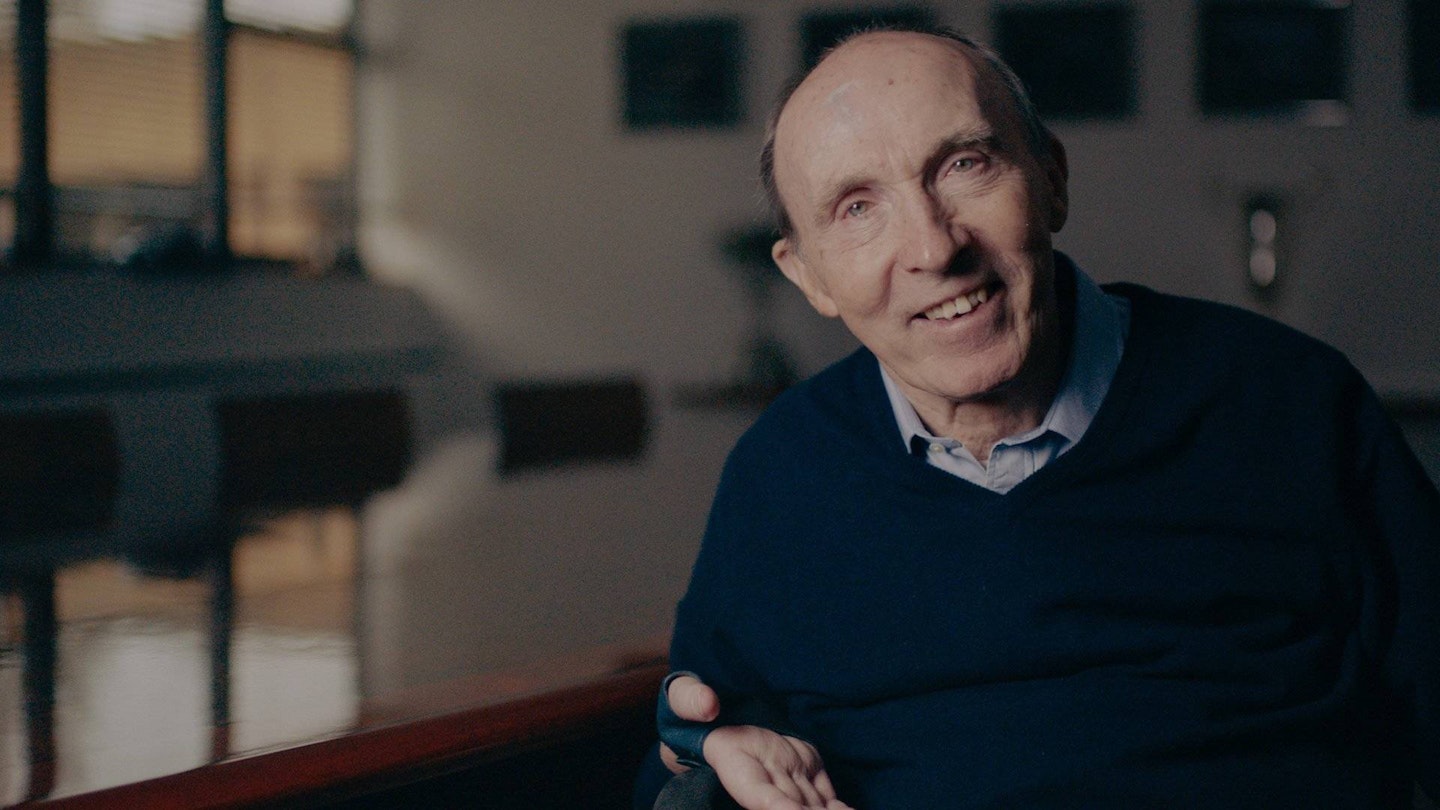Sir Frank Williams has been running a Formula 1 team for 48 years now. During the course of his storied career, he’s struggled as an underdog, been temporarily forced out of business, experienced a string of glorious successes during the ’80s, witnessed the harrowing on-track deaths of drivers (Piers Courage in 1970 and Ayrton Senna in 1994), and lost the use of his body below the shoulders after a car-crash-inflicted spinal cord injury. Given cinema’s attraction to motor-racing (from Le Mans to Rush), Williams’ early outsider status in the sport and the against-all-odds nature of his survival after the Marseille road accident, it’s perhaps surprising we’ve not yet seen a dramatisation of his life. But with the extent of his career, and sheer variety of supporting players in his story, it would present a heck of an adaptation challenge.
An affectionate but unflinching portrait of a family consumed by its dedication to Formula 1.
There’s a lot to take in, and with this documentary, director Morgan Matthews doesn’t make his job any easier by giving due attention to Sir Frank’s late wife Ginny — present via audio tapes of her autobiography dictation — and his daughter Claire, who is effectively now in charge of the family business. In truth, the title of the documentary is more a reference to the family, rather than the man or the team.
This multi-perspectival approach has value. Not only does it emphasise the importance of the Williams women, it also stops the doc from getting too hagiographic, while keeping it personal. Though his wife and daughter love him dearly, their commentary emphasises what a difficult man Sir Frank can be and how he’s always put his obsession with F1 above anything else — them included. After revealing that he never once went with them on family holidays, Claire remembers her mother saying during one trip, “There’s no point having your father here because he would drive us all mad.” This, combined with the film’s snippets of direct interview time with Williams, gives a sense of the man as being to some degree emotionally dysfunctional. So driven, if you’ll excuse the pun, he’s never just pulled over to enjoy the scenery. The roar of the race-car engine he so loves has drowned out all else.
The downside of Matthews’ approach is it makes for a rather scrappy structure, broadly chronological but with some diversions that slow its narrative momentum. You can’t help but contrast it with Asif Kapadia’s triumphant Senna, which told its tightly focused story entirely through found footage, whereas Matthews resorts to bursts of dramatic reconstruction, rendered in soft-focus Super-8-ish style. It feels unnecessary, especially during the playing of Ginny’s tapes, which are accompanied by footage of an actress sitting on a sofa miming the words; visual padding the film could easily live without.
It’s not a major complaint, though. Matthews’ interviews are insightful and affecting, and never more telling than the moment Sir Frank reveals that, despite Claire’s entreaties, he’s never read Ginny’s memoir, A Different Kind Of Life. “Don’t want to,” he shrugs. However, we later see Claire read to him from the book. As his daughter vocalises his wife’s summation of him as “selfish, funny, unsympathetic, unreliable [and] charismatic”, he looks incredibly uncomfortable, trapped, doing all he can to suppress his emotions. It’s a stark and telling contrast from the closing image of Sir Frank at the race-track, so at home and relaxed he happily nods off into a blissful, if brief, on-camera nap.
